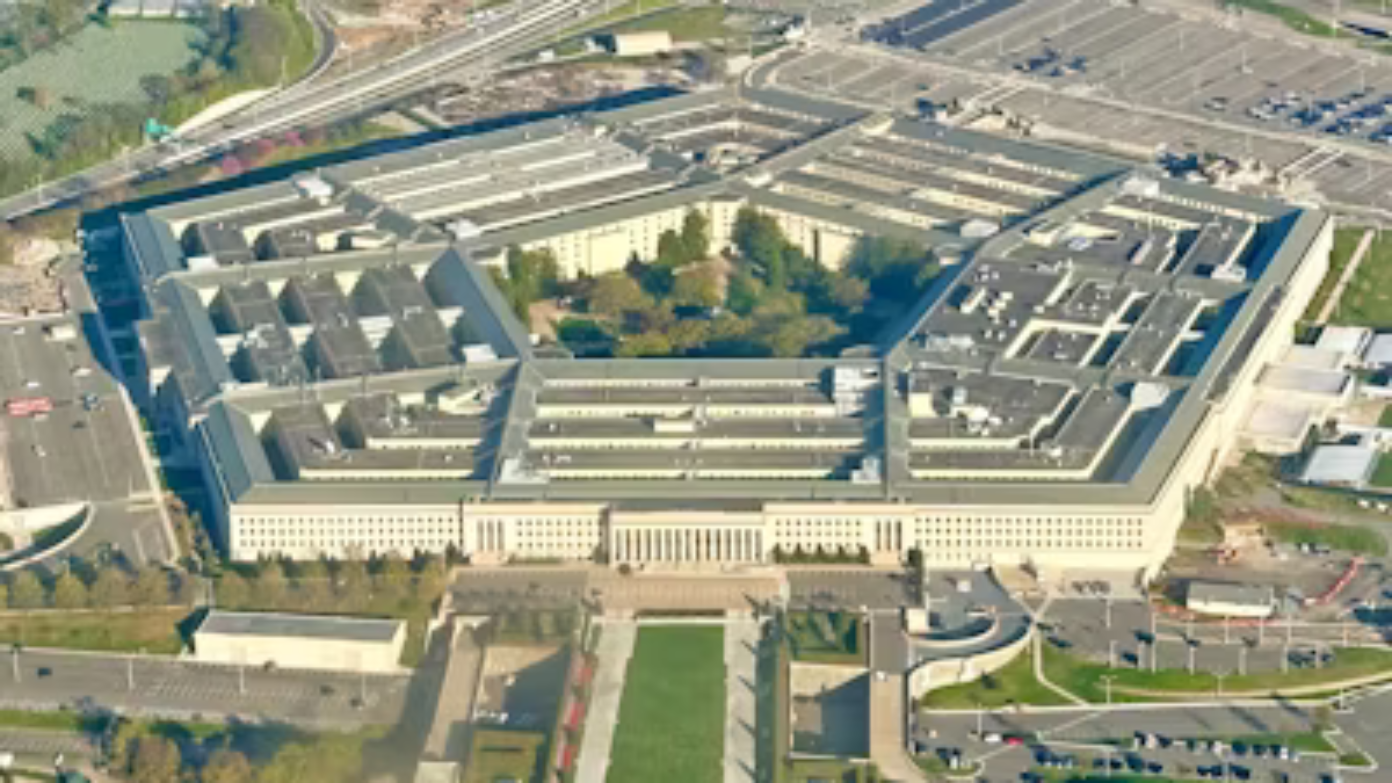At the height of heightened Israel-Iran tensions, a curious theory recently made headlines—the Pentagon Pizza Theory, or the “Pentagon Pizza Index” and “Pizza Meter.” The wacky proposition proposes that an abrupt spike in pizza delivery to the Pentagon and other United States government facilities could be an early indicator of looming military strikes or international conflict. With Israel’s Operation Rising Lion against Iran in June 2025, this unusual intelligence sign has resurfaced.
The findings of the pizza intelligence
The idea of monitoring food deliveries as an intelligence gatherer isn’t new. Soviet intelligence agents allegedly came up with the phrase “Pizzint” (a pun on “HUMINT” and “SIGINT”) in the Cold War to monitor pizza deliveries to U.S. government facilities as possible signs of American military mobilization. The ruse became de facto means of gathering intelligence on U.S. activity, with Soviet observers assuming more midnight food orders as checkpoints of officials working late at night on urgent matters.
The theory was more likely in August 1990, when a Washington D.C. Domino’s franchise owner, Frank Meeks, saw a typically high increase in orders of pizzas to CIA facilities. The next day, Iraq invaded Kuwait, and the Gulf War had commenced. Similar patterns were evident before the U.S. invasion of Panama in 1989 and Operation Desert Storm in 1991.
How the Pentagon pizza theory works
The reasoning is simple: if government employees and soldiers are working late on some crisis work like war efforts or foreign wars, they must be energized. Pizza—easy to consume, shareable, and high in calories—gets ordered. So a suspicious increase in pizza delivery to government offices could be evidence of something afoot and perhaps a crisis impending.
With the emergence of the internet age, this theory has been revived in the context of online social media surveillance. The pseudonymous Twitter handle “Pentagon Pizza Report” monitors visitors at nearby pizza joints around the Pentagon using Google Maps’ “Popular Times” feature that indicates real-time traffic at areas of commerce. This new “Pizzint” has been widely covered in recent history around geopolitics crises.
The Israel-Iran connection
The Pentagon Pizza Report account tweeted on June 12, 2025, that there had been a massive traffic increase at four pizzerias close to the Pentagon—We, The Pizza, District Pizza Palace, Domino’s, and Extreme Pizza—at around 7 p.m. ET. The account tweeted: “As of 6:59 p.m. ET almost all pizza establishments near the Pentagon have seen a HUGE spike in activity”. Hours later, Israel launched Operation Rising Lion, a series of airstrikes against Iran’s nuclear program and military command center, which saw oil prices rise globally.
The timing of this pizza phenomenon on the threshold of Israel’s historic military assault on Iran has created new speculation about Pentagon Pizza Theory. Although the U.S. government blocked direct involvement in the attacks, the theory proposes Pentagon employees at least were informed and keeping track of the activity, which required late-night pizza delivery.
Skepticism and official response
Despite its viral success, the Pentagon Pizza Theory has its naysayers. The Pentagon itself dispelled the theory, with a spokesperson informing Newsweek that the timeline presented in the Pentagon Pizza Report “did not correlate with the events”. The spokesperson went on to explain that there are “lots of pizza options within the Pentagon, also sushi, sandwiches, donuts, etc.”, implying that delivery outside would not be required.
Others would argue that correlation doesn’t equal causation, and pizza order peaks can be explained by a variety of reasons beyond military action. In addition, one of the YouTubers who got in contact provided statistics from pizza shops in the Pentagon Pizza Report and discovered at least one of them hadn’t made a delivery to the Pentagon in months.
Whatever you perceive it as, whether or not a true measure of intelligence, or merely an Internet fad, the Pentagon Pizza Theory is a handy method to approach things internationally. As CNN’s former Pentagon correspondent Wolf Blitzer is humorously quoted for saying: “Bottom line for journalists: Always watch the pizzas.”. Even if not scientifically proven, the quaint theory has a way of occurring to the public in times of international strain to remind us that even on the high-stakes stage of global war, human needs—like hunger—remain the same.
Read more: Who is Jay Bhattacharya, the director of the National Institutes of Health appointed by Donald Trump
Read more: Senate GOP look to make major changes to Trump’s one, big, beautiful bill

